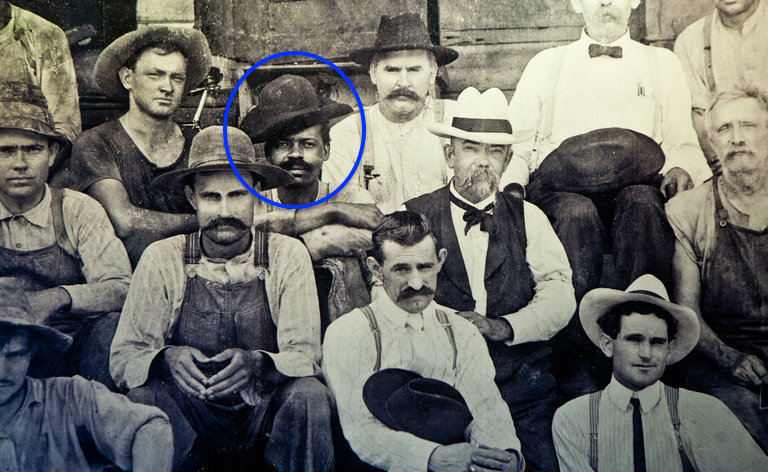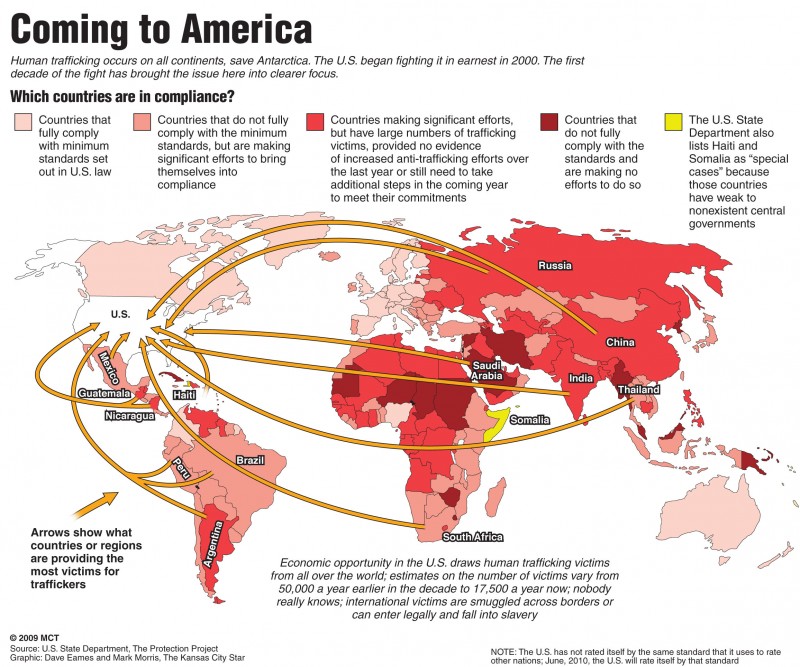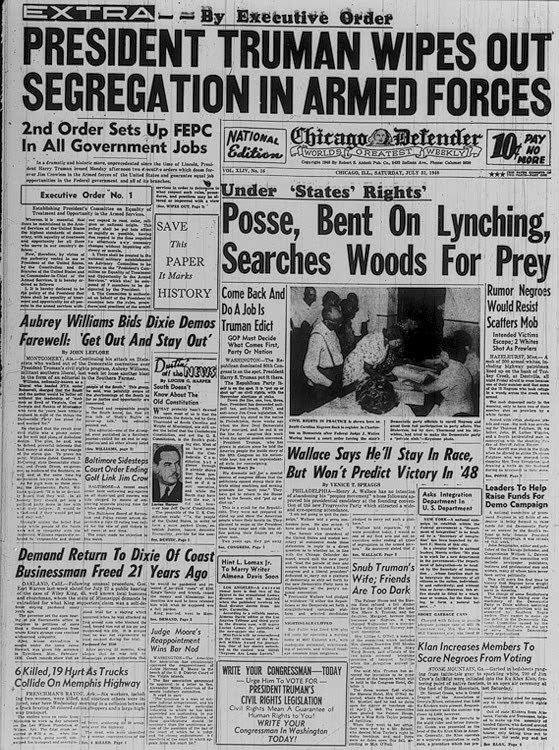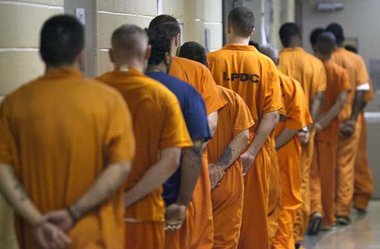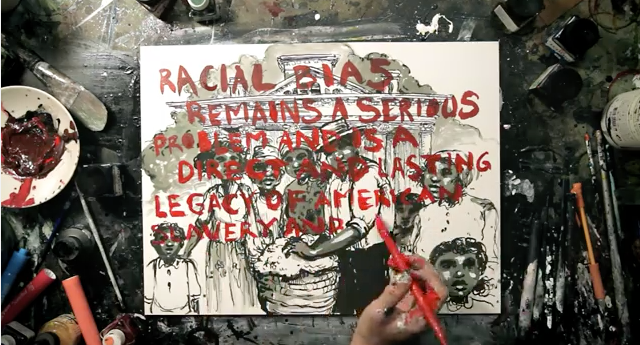Posts Tagged ‘America’s Black Holocaust Museum (ABHM)’
Black Holocaust Museum, apartments approved
A proposal to create apartments and a new home for America’s Black Holocaust Museum on Milwaukee’s north side provides an opportunity for people to better understand this country’s racial divisions.
Read MoreJack Daniel’s Embraces a Hidden Ingredient: Help From a Slave
On its 150th anniversary, the Jack Daniel’s Distillery, home to one of the world’s best-selling whiskeys, has begun telling a new story. Daniel, the company now says, learned distilling from an enslaved black man, Nearis Green.
Read MoreBuzzFeed Features Dr. Cameron and ABHM in “How to Survive a Lynching”
Lynching, in the American imagination, is considered to be solely the provenance of the Confederacy. But one particular souvenir photo, taken in Marion, Indiana, in 1930 has served as the most glaring visual reminder of the country’s decades-long spectacle of racism and public murder. The photo of the lynching of two Indiana teenagers would never grace the pages of the local paper. But that image is still everywhere. This article explains the background of the photo, what became of the sole survivor of that lynching, and the relevance of that event today.
Read MoreINOVA Gallery Shows Work by Artist and ABHM Volunteer, Jenna Knapp
Jenna Knapp is an artist, activist, and ABHM volunteer. This article highlights her 2015 art exhibit at INOVA Gallery and shows some of her pieces in which she uses text, movement and video to probe the relationship between race and media representation.
Read MoreTraces of the Trade: The North’s Complicity in Slavery
Learn about the significant complicity of the northern states in the slave trade and slaveholding in the history of slavery in the United States. Many northern industries and business were dependent on slave labor in both the North and South. Northern consumers were dependent on the products of this slave labor for food, clothing, and amenities like rum and sugar.
Read MoreBy Us, For Us: The Crucial Role of the Black Press
This exhibit gives a short history of the black press, some of the important journalist involved, and the vital role it has played in advancing the ideals of American democracy and supporting African American identity and culture.
Read MoreABHM featured on Milwaukee Public Television
The August 5, 2015 MPTV program Trippin’ includes a virtual visit to ABHM and describes the rich historical and contemporary resources to be found on the site. Three other Wisconsin museums that exhibit local and national black history are also visited.
Read MoreWar on Drugs – or War on Blacks?
The War on Drugs that began in the 1980s has led to an explosive mass incarceration of African Americans. This exhibit examines how and why.
Read More[ABHM] Lecture series asks ‘Do Black Lives Matter?’
ABHM Head Griot Reggie Jackson is interviewed about the origins of the devaluation of black lives in America. His four-session series covers a 400-year history of the laws, court decisions, customs, pseudo-science, medicine, policing, and other practices that justify and support that attitude that black lives do not matter.
Read MoreWhy Racial Injustice Persists Today: A Very Brief Video History
The myth of racial difference that was created to sustain slavery persists today. Slavery did not end in 1865, it evolved. This very brief video reveals how we got from slavery to today’s forms of racial injustice, such as mass incarceration.
Read More